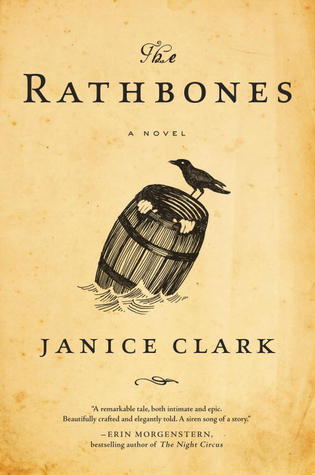What do you think?
Rate this book


Audio
First published August 6, 2013
The Rathbones by Janice Clark: The Rathbones is the most sui generis debut you’re likely to encounter this year. Think Moby-Dick directed by David Lynch from a screenplay by Gabriel Garcia Marquez…with Charles Addams doing the set design and The Decembrists supplying the chanteys. Initially the story of the last surviving member of an eccentric 19th-Century whaling dynasty, it becomes the story of that dynasty itself. I should also say that this was the single most exciting thing I read in manuscript in graduate school, where the author and I studied together. Clark writes a beautiful prose line, and the story, like the ocean, get deeper, richer, and stranger the farther out you go.
I had looked into the distance so long that I hadn't seen what was near at hand. If we don't cherish those who stay near, what do we have? Only longing. Longing which we grow to love because it's all we have.
(p 348)